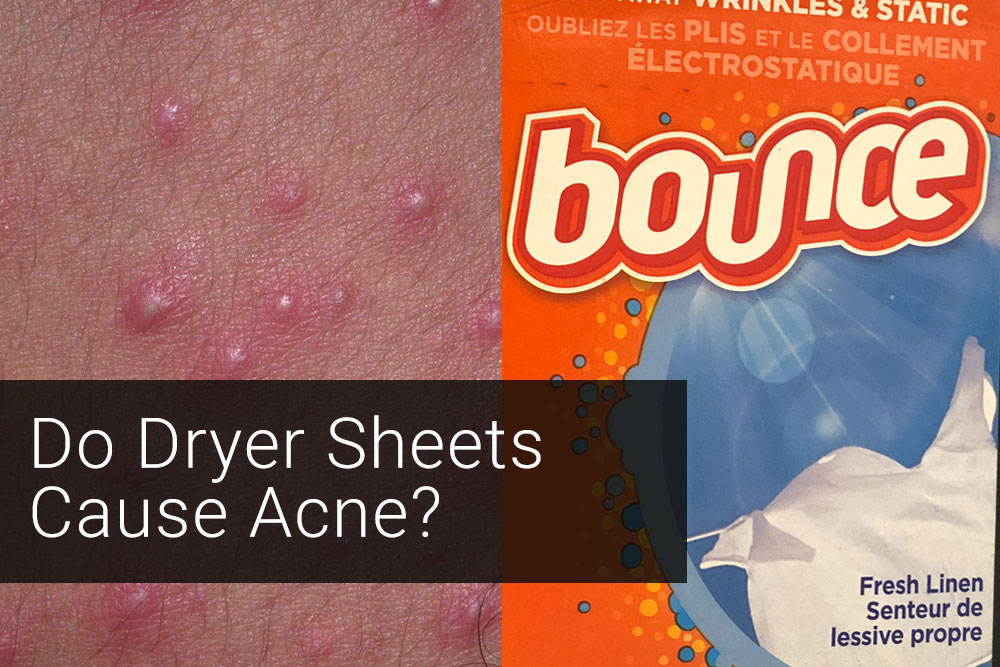Do you ever field odd-ball questions from your patients and wonder where the information came from? The new “Patent Buzz” series addresses recent dermatology news from the consumer press and provides background on the conditions and treatments your patients may ask about at their next office visit.
Causes of Acne: An Expert Weighs In
Dryer sheets and acne may seem like an oddball combination, but it’s one your patients may ask about. New Beauty, Marie Claire and Allure magazines have posted online stories in recent days asking if dryer sheets and fabric softeners could be causes of acne. These articles came about after a Reddit user posted that the user’s acne improved when these products were no longer used.
For an expert opinion, I consulted dermatologist Hilary Baldwin, MD, medical director of The Acne Treatment and Research Center in Morristown, N.J., and clinical assistant professor at Rutgers Robert Wood Johnson Medical School. Dr. Baldwin is also a past-president of the American Acne and Rosacea Society.
Is there a link between dryer sheets and acne?
I do not think that fabric softener is a cause of acne. Having said that, I like to back up my opinions with data, and I have none. A quick search of the topic does not shed any evidence-based light on the subject.
We are well aware that the fragrance in fabric softener can be a cause of allergic contact dermatitis, but generalizing from allergy to acne is groundless. The two disorders are vastly different and occur in different patient populations.
The softening ingredients in fabric softeners are not waxes, they are chemicals called quaternary ammonium compounds, which reduce static cling and make fabrics feel softer, and silicone-based compounds, which are known to be non-acnegenic and non-comedogenic. Many products also contain clay, which has been touted as an acne-buster.
In the absence of real data, let’s think about the problem reasonably. Only a small residue remains on clothing after the drying process. If any of the agents could promote the development of acne, it would seem unlikely due to the small amount of residue left behind. If anything remains on the fabric that would rub off on skin during sleep, it would be a remarkably small amount. The ability of an ingredient to promote acne is concentration-dependent. This is unlike allergic reactions, where the tiniest of concentrations can cause problems. I do not see this as a likely possibility.
Should dermatologists recommend their acne patients avoid dryer sheets and fabric softeners anyway?
No, I do not recommend suggesting to acne patients that they avoid fabric softeners. We have a big enough job imparting crucial, proven information in our allotted time. There is a reason why studies are carried out on large numbers of people with a placebo-control group. The experience of one person, however noteworthy, cannot be generalized onto the rest of the population. Lastly, we must always remember that acne eventually resolves on its own. It might have been the user’s time.
Did you enjoy this post? Find more Patient Buzz articles here.

